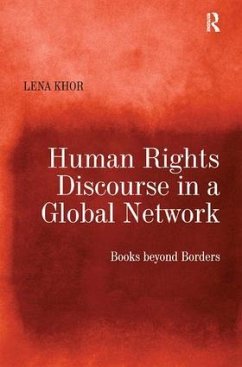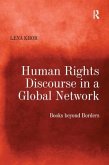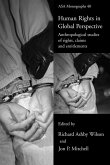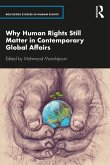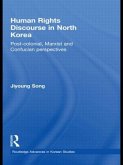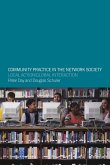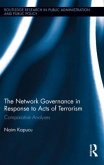In her innovative study of human rights discourse, Lena Khor takes up the prevailing concern by scholars who charge that the globalization of human rights discourse is becoming yet another form of cultural, legal, and political imperialism imposed from above by an international human rights regime based in the Global North. To counter these charges, she argues for a paradigmatic shift away from human rights as a hegemonic, immutable, and ill-defined entity toward one that recognizes human rights as a social construct comprised of language and of language use. She proposes a new theoretical framework based on a global discourse network of human rights, supporting her model with case studies that examine the words and actions of witnesses to genocide (Paul Rusesabagina) and humanitarian organizations (Doctors Without Borders). She also analyzes the language of texts such as Michael Ondaatje's Anil's Ghost. Khor's idea of a globally networked structure of human rights discourse enables actors (textual and human) who tap into or are linked into this rapidly globalizing system of networks to increase their power as speaking subjects and, in so doing, to influence the range of acceptable meanings and practices of human rights in the cultural sphere. Khor's book is a unique and important contribution to the study of human rights in the humanities that revitalizes viable notions of agency and liberatory network power in fields that have been dominated by negative visions of human capacity and moral action.
Hinweis: Dieser Artikel kann nur an eine deutsche Lieferadresse ausgeliefert werden.
Hinweis: Dieser Artikel kann nur an eine deutsche Lieferadresse ausgeliefert werden.

